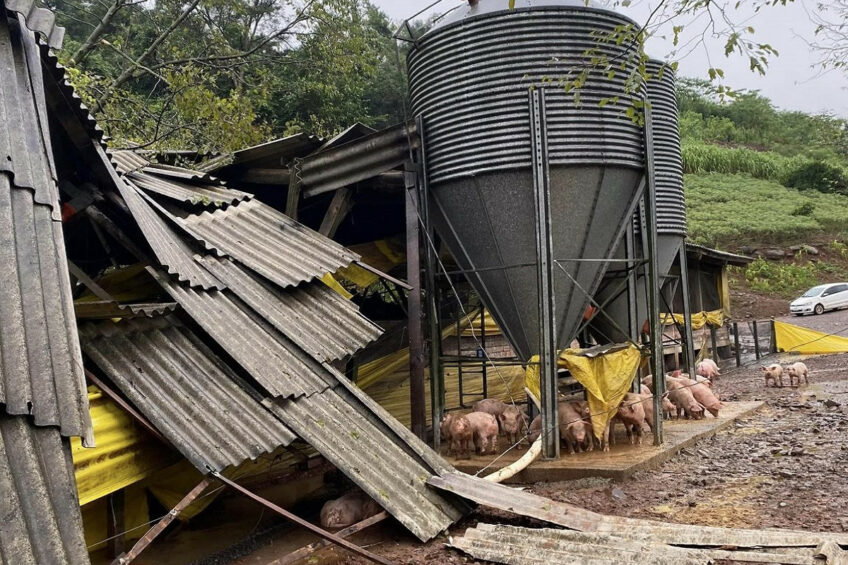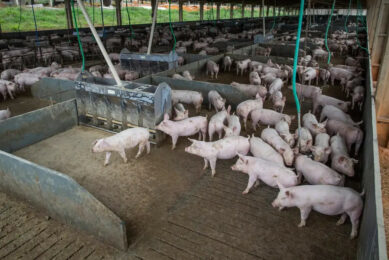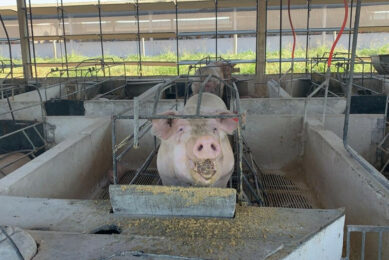Pig industry assesses damage after floodings in Rio Grande do Sul

The swine industry in the Brazilian state of Rio Grande do Sul is assessing the damage from the unprecedented environmental catastrophe that has caused historic flooding in the state since the beginning of May.
The damages affected dozens of pig farms, resulted in the deaths of thousands of animals, and nearly halted production for 2 weeks. The state is the third-largest producer in the country. Gaúcho pig farmers, who accounted for about 20% of the national pig production in 2023, still have a long road ahead despite having resumed at least part of their activities.
Financial losses
The financial losses from farm infrastructure damage, activity interruptions, and animal deaths exceed R$ 40 million (up to €8 million), according to Valdecir Folador, president of the Association of Swine Breeders of Rio Grande do Sul (Acsurs). “It is a chain reaction. Some farms had their structures affected and lost animals due to floods or landslides. Others are unable or have difficulties in supplying the silos to feed the pigs since many roads are blocked and it’s impossible to reach the properties,” explains Folador.
The industry representative estimates that the reconstruction of the farms will cost more than R$ 30 million, considering the necessary expenses for setting up this type of agro-industry. “About 12,600 pigs were killed by floods and landslides. Regarding facilities, it was around 26,000 square meters of built area. In terms of animals, considering the current value of live pigs, we are talking about approximately R$ 12 million in economic losses,” he estimated.
These figures are part of a preliminary survey by the entity, but they are in the final stage and, according to Folador, are expected to differ little from the final numbers. “It is a significant value for those who lost, and these are the numbers we managed to gather from the region’s integrating companies, such as JBS, BRF, and the Dalia cooperative,” he added.
Solutions
Currently, Acsurs defines the most appropriate strategies and prioritises solutions through public measures. “We are in direct contact with the State Government looking for alternatives to assist pig farmers. One of them is to extend deadlines for financing and regulations, such as Normative Instruction DSA No. 10/2023, which establishes the minimum biosecurity guidelines for pig farms,” he emphasises. Additionally, Mr. Folador expects a new visit from the Minister of Agriculture, Carlos Fávaro, to the state to discuss measures the federal government will take to support the sector.
Sad decision
Each day, a new emotional story reveals the experiences of rural producers impacted by the tragedy in Rio Grande do Sul. Pig farmer Marcos Lohmann shared his plight after the flooding hit the town of Roca Sales. In desperation and unable to save his herd, he made a sad decision. “Some died and some scattered everywhere. We opened the pens to let the pigs out on their own. There was nothing to be done, watching the animals die, drowning. Years of work, all gone,” Lohmann said. Only 130 of the 400 animals have survived.











